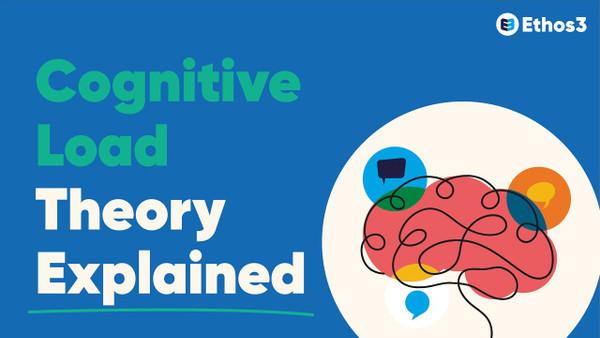Explore the World's Best Ideas
Join today and uncover 100+ curated journeys from 50+ topics. Unlock access to our mobile app with extensive features.
Cognitive load theory
The theory states that there is only a limited amount of information the human brain can remember. As a presenter, you don’t want to go past that load.
Cognitive load theory consists of three loads:
- Intrinsic load
- Extraneous load
- Germane load
28
678 reads
Intrinsic load
Intrinsic load is how difficult a subject or topic is to learn and remember. For example, basic adding and subtracting is easy, but calculus is far more complicated to understand.
As a presenter, you need to ensure your subject is simple and easy for your audience to remember. When you present a slide, instead of printing a paragraph, you want it to create some sort of an emotional impact by simplifying it to one or two words.
29
182 reads
Extraneous load
Extraneous load is how you choose to showcase your information.
In a 45 min talk, you could read a definition but few will remember it. Instead, show your information in a visual way. Your audience will remember far better because you respect their extraneous load.
26
142 reads
Germane load
The germane load is about understanding that there are certain building blocks that your audience can construct when you connect the dots for them.
If you stack those building blocks, your audience will remember them.
27
144 reads
IDEAS CURATED BY
CURATOR'S NOTE
The best presenters use cognitive load theory to help their audience remember.
“
Nicole Gomez's ideas are part of this journey:
Learn more about communication with this collection
Strategies for building self-confidence
Techniques for embracing your strengths and accomplishments
Tips for seeking support and feedback
Related collections
Similar ideas
7 ideas
5 ideas
How to Live more Intentionally
Ali Abdaal
2 ideas
Evidence-Based Skincare Routine
Ali Abdaal
Read & Learn
20x Faster
without
deepstash
with
deepstash
with
deepstash
Personalized microlearning
—
100+ Learning Journeys
—
Access to 200,000+ ideas
—
Access to the mobile app
—
Unlimited idea saving
—
—
Unlimited history
—
—
Unlimited listening to ideas
—
—
Downloading & offline access
—
—
Supercharge your mind with one idea per day
Enter your email and spend 1 minute every day to learn something new.
I agree to receive email updates




